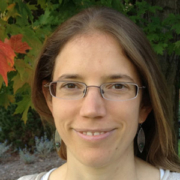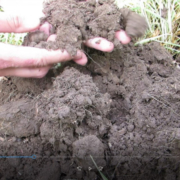Chelenzo Farms: A High Mountain Desert Oasis
 Print This Post
Print This Post
By Darron Gaus, NCAT Agriculture Specialist
Chelenzo Farms began from the unique relocation of a physician and a writer from New York during the height of the pandemic. Health concerns and a need for a cleaner lifestyle motivated Chelsea Hollander and Lorenzo Dominguez to seek a healthy relationship with the land in Cerrillos, New Mexico, 20 miles south of Santa Fe. There, the husband-and-wife team combined names and turned dreams into reality — Chelenzo Farms.
“Our overall focus is on regenerative agriculture, dryland farming, and ecosystem restoration in the high mountain desert of New Mexico, and our operating philosophy rests on the three pillars of Education, Research, and Community,” said Lorenzo. Lorenzo and Chelsea highly value the knowledge that can be gained from books, videos, articles, and peer-to-peer networks. The couple immersed themselves in regenerative agriculture, dryland farming techniques, and ecosystem restoration programs before making the move. One of Lorenzo’s research books in that timeframe was The Blue Zone, by Dan Buettner, full of case studies of communities with the highest number of centenarians (people who are 100 years old or more). In Buettner’s work, he found nine common principles that these communities shared, such as downshifting to manage stress, eating a mostly plant-based diet, and expanding your social circle to include supportive people.
The May 2021 move to their 350-acre homestead in New Mexico was the downshift they needed. They now grow their own plant-based diet, along with using livestock to restore their land and utilizing Indigenous practices to conserve water. “One of our regenerative agriculture focuses is to grow specialty crops like agave and other succulents, along with other desert drought-resistant and native plants, based on Indigenous water harvesting methods, some of which have been used by Native Americans, Campesinos, and Jimadores for hundreds, if not thousands of years,” said Lorenzo.
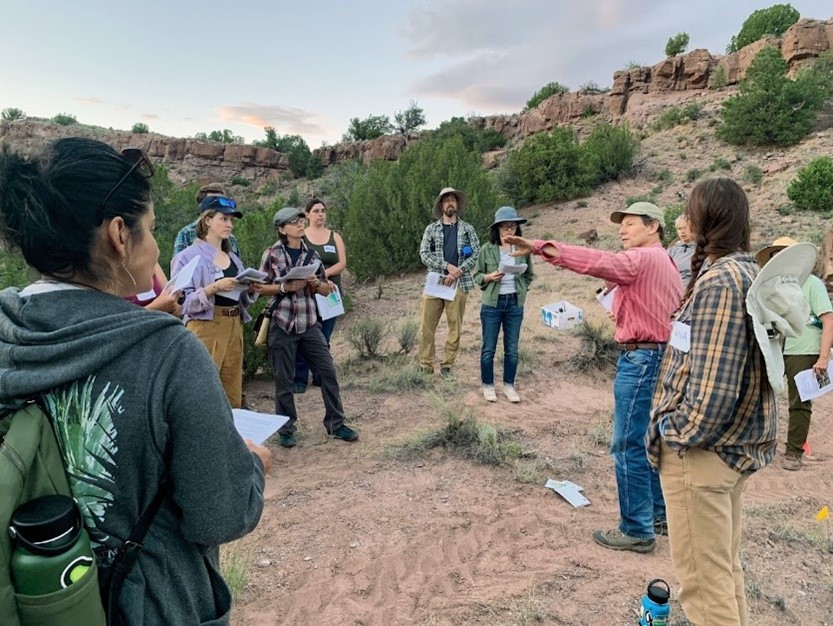
Land Restoration Using Water Harvesting Earthworks, Cover Crop Seeding, and Bale Grazing Workshop, held on September 23-25, 2022, at Chelenzo Farms. Photo: Chelenzo Farms
Alongside these important healthy lifestyle changes and land achievements, the couple has married their goals of education and research, as well. Chelenzo Farms hosts public regenerative agriculture workshops, including an upcoming Native Plant Roundtable and Field Day, to educate others on the role of native plants in ecosystem restoration and water conservation. They were awarded the New Mexico’s Department of Healthy Soil Program grant in 2022, where they implemented a plan to restore 2.5 acres through water harvesting earthworks and animal grazing. Chelsea and Lorenzo have also applied for a Western SARE grant to do research on drought-resistant, desert, and native plants to mitigate soil erosion and regrow animal and pollinator populations.
Chelenzo Farms expands their social network with like-minded peers not only for the opportunity to educate, but also to learn. Before moving to this property, Lorenzo made it a mission to talk with as many landowners as possible surrounding him in a 30-mile radius to learn about the local knowledgebase. They participate in the Worldwide Opportunities in Organic Farming (WWOOF) program to take on volunteers who come to live, work, and learn with them for a month or more. They utilize ATTRA’s Internship Hub to post open positions and joined NCAT’s Soil for Water peer-to-peer network, which they recently wrote about on their website. Though Lorenzo and Chelsea like to immerse themselves in books and YouTube videos, they believe peer-to-peer networking is fundamental in learning locally adapted skills and tools.
“We live and aspire to grow in the desert of New Mexico, which is a part of the Southwest that has experienced a continuous drought for over 22 years. Water has been an invaluable resource around here for centuries and access to it is strained exponentially each year. This is why we are focused on harvesting water from nature with earthworks and methods used by Indigenous populations around the world for thousands of years,” said Lorenzo.
If you would like to connect with Chelenzo Farms, reach out to them on the Soil for Water Forum. You can also immerse yourself in Chelsea and Lorenzo’s stress-free get away at the Hacienda Dominguez.
Related NCAT Resources:
Other Resources:

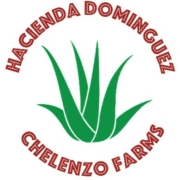
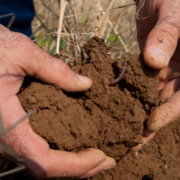
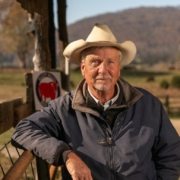
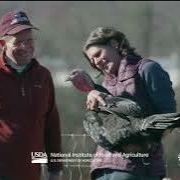

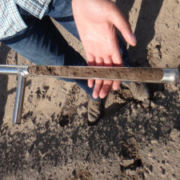
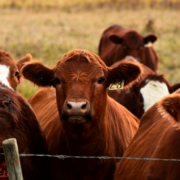 CanvaPro
CanvaPro